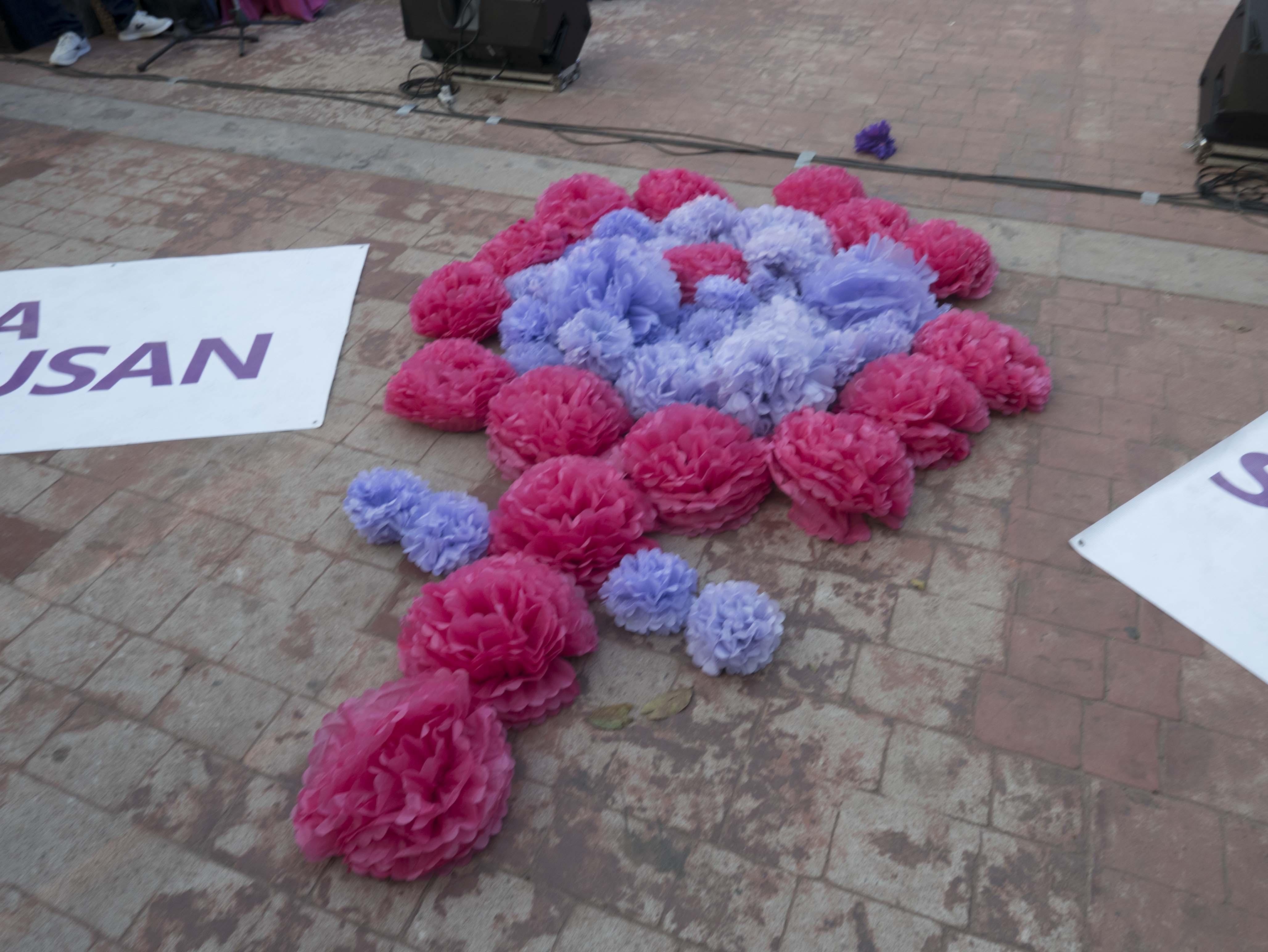PH slips 9 places in Global Gender Gap Index 2024

The Philippines slipped nine spots to land at 25th place out of 146 countries in the Global Gender Gap Index 2024 by the World Economic Forum (WEF).
The Global Gender Gap report, which was released on Tuesday, said the Philippines garnered a gender parity score of 77.9% or 1.2 percentage points lower than its 2023 score of 79.1%.
"Losses in economic parity and a reduction in the share of women ministers" were cited as key factors for the Philippines' drop.
The Global Gender Gap Index benchmarks gender parity across for key areas: economic participation and opportunity, educational attainment, health and survival, and political empowerment.
Among Asian countries, the Philippines ranked highest followed by Singapore at 48th spot, Thailand at 65th, and Vietnam at 72nd.
In the Eastern Asia and Pacific region, the Philippines came in third, following New Zealand (4th overall) and Australia (24th overall).
Since the index was launched 18 years ago, the Philippines landed in the Top 10 a total of 13 consecutive times from 2006 to 2018.
While it has not reentered the Top 10 since then, the Philippines has fared relatively better than its regional counterparts.
The report said that among Eastern Asia and Pacific countries, only the Philippines and New Zealand have made the Top 10 since the index was started.
The Eastern Asia and Pacific region ranked fourth this year, trailing Europe, Northern America, and Latin America and the Caribbean, in that order.
European countries dominated the current Top 10, taking seven places led by Iceland (1st), Finland (2nd), and Norway (3rd).
Achieving gender parity in PH
The Philippines recorded a slight drop of 1.4 percentage points in terms of economic participation and opportunity, even though "gender parity was achieved in professional and technical workers" and progress was recorded "towards parity in labour-force participation to an all-time high (69.4%)."
The report noted a sharper drop of 5.3 percentage points in the share of women in legislators, senior officials, and managers. A 2-percentage point decrease was recorded in perceived wage equality for similar work.
On a positive note, the report said, "The economy has achieved full parity across all Educational Attainment indicators, although the shares of women enrolled at each level of education have not all consistently increased across editions of the index."
As for the Health and Survival subindex, the report noted "an important 1.6-point gender gap" in the sex ratio at birth, which "places the Philippines among the lowest performers of this indicator."
The combined near 16-year presidencies of women leaders Corazon Aquino and Gloria Macapagal-Arroyo elevated the country's political parity score, "despite the lower levels of parity in ministerial roles (35.7% to 21.1%)" and "no progress on parliamentary seats (37.6%)." — VDV, GMA Integrated News




